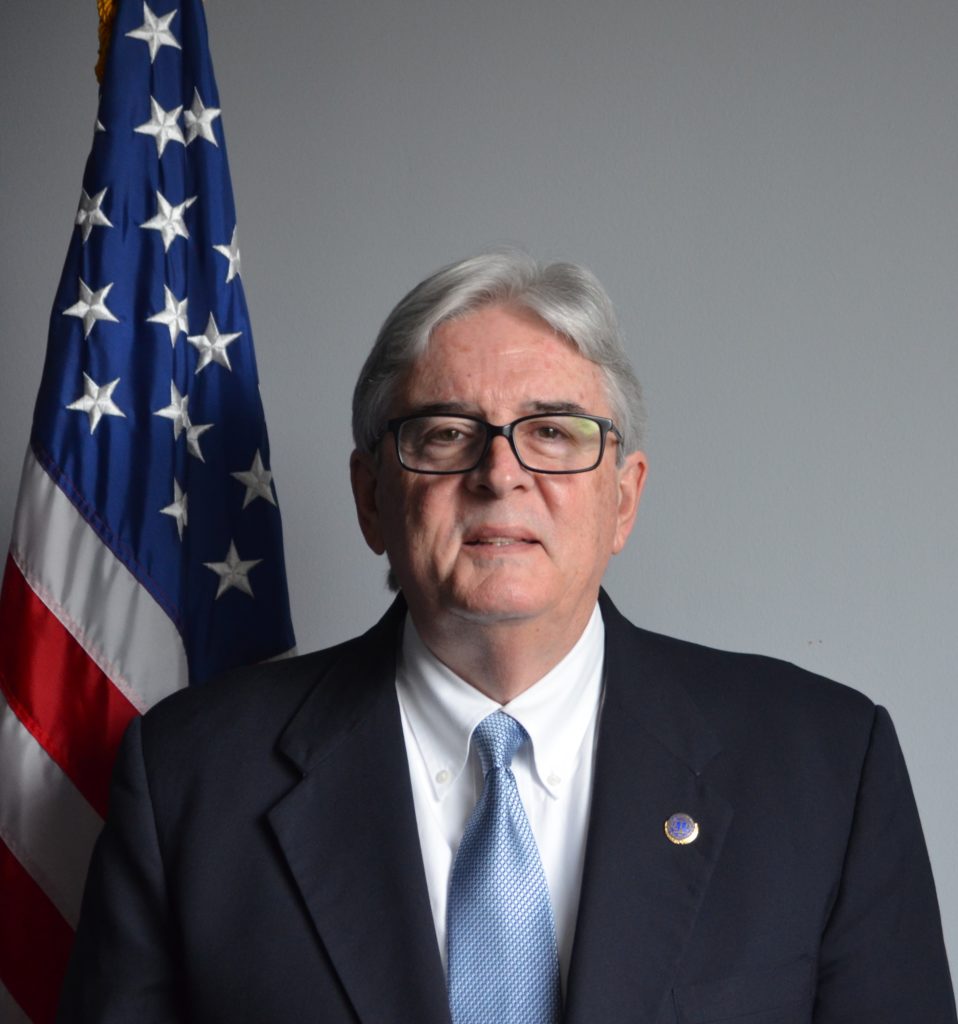
Each month, we’ll be featuring a basic question we get asked by SC utility consumers. Have a question for us? Follow us on Facebook at SC Utility Consumer and on Twitter @UtilityConsumer to ask us directly!
From Randy Randall, Chair of the Public Service Commission and District 3 Commissioner:
The Public Service Commission, which you’ll often see abbreviated as the PSC, was created in 1922 in order to protect consumer interests and ensure a standard rate of growth for public utility companies. The first decades of the twentieth century was a period of rapid development and expansion, as railroad, sanitation, and electrical utilities sprawled across the state and brought vital services to the public, and the General Assembly of the state government knew then, as they know now, that the utilities that serve the public must continue to do so, even as they grew. The PSC was created to regulate these public utilities, to make sure that the public lived in a safe, dependable, and affordable utility environment while still making sure South Carolina remained a competitive and attractive state for utilities. What this means in 2020, almost a century past our initial establishment, is that our job is to review the fuel and rate costs of utilities—including electrical, sewage, water, and transportation providers—and approve or reject major developments, from mergers to property sales to rate adjustments, depending on the testimony given by representatives of utility providers and the public.
The PSC is composed of seven Commissioners, each from a Congressional district and each elected by the General Assembly after a lengthy qualification process initiated by the Public Utilities Review Committee. I’m proud to serve as the Chairman for the Commission, and our Interim Vice Chair is Commissioner Florence P. Belser, in the temporary absence of Vice Chair Justin Williams. The Commission is rounded out by Commissioners Tom Ervin, O’Neal Hamilton, Butch Howard, and Swain Whitfield.
A corollary to this question of what we do, of course, is what the Commission can’t do. Simply put, we’re a quasi-judicial body, meaning that our task is to gather information and issue directives within a controlled and accountable environment. So, we can’t discuss ongoing dockets, or make predictions as to future developments that involve current or potential cases, or communicate directly outside the bounds of transparent rules. By sticking to these rules, we make sure the public knows their best interests are being defended in an open manner.
In order to us to fulfill our mission, I would underline that we’re always listening and ready to help you find the answers to your questions. Reach out to us on Twitter at either @PSCofSC or @UtilityConsumer and find us on Facebook at Public Service Commission of South Carolina and SC Utility Consumer to engage with Commission staff directly and to be the first to know when we have important meetings and hearings scheduled.

